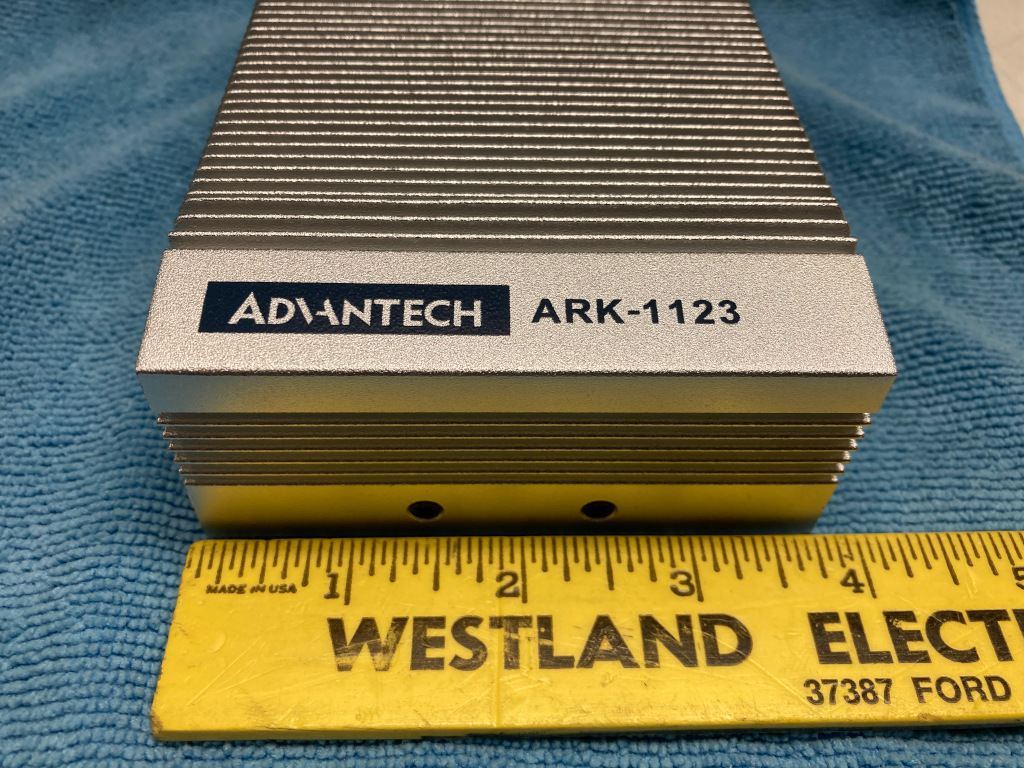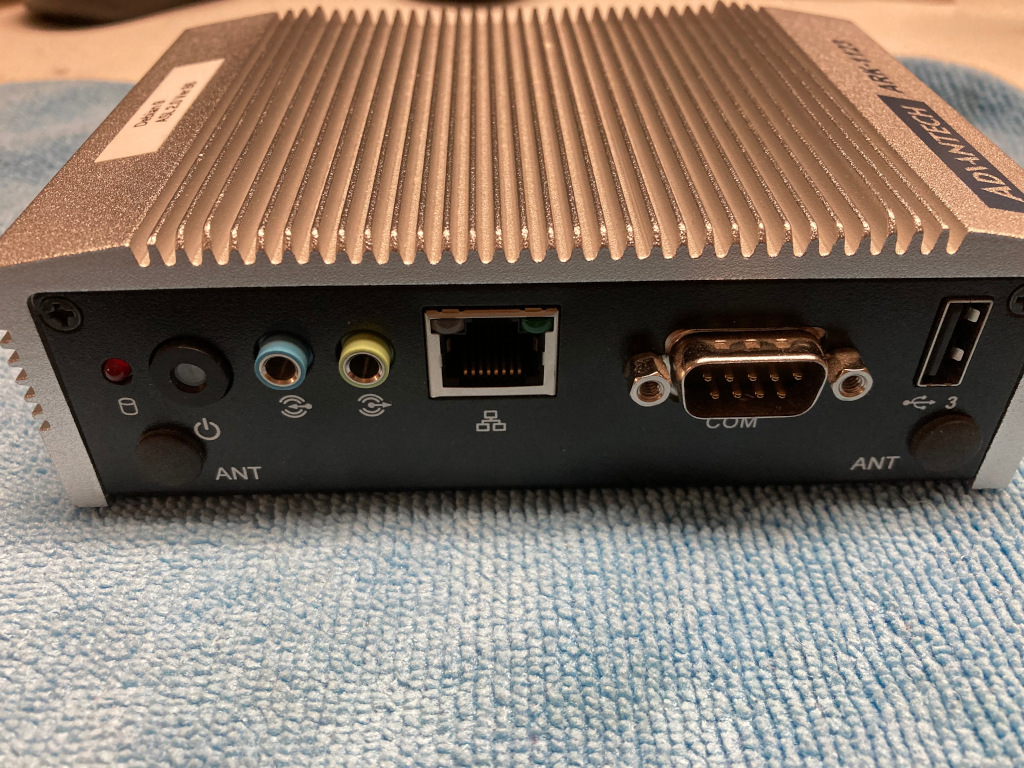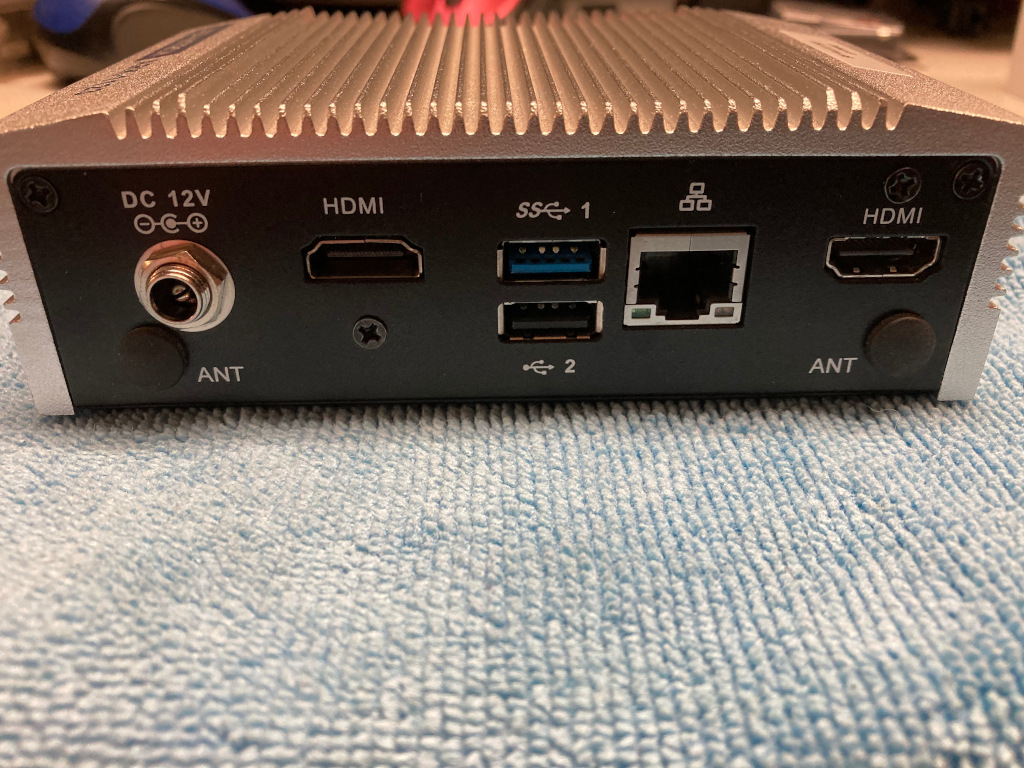The current Raspi shortage shows no signs of abating soon. Several interviews with Eben Upton, head of the Raspberry Pi Foundation, recently suggested that things may get better toward the end of the year for hobbyists. Right now, most of the production of Pi 3, PI 4 and CM’s is going to industrial customers. Looking on rpilocator.com paints a fairly dismal picture, unless you’re looking for a Pi Zero.
If you are hoping to build a new AllStar simplex or duplex node, you will be disappointed when it comes to finding one of your main ingredients.
One option is to go to everyone’s favorite auction site and pay about 150 to a “Pi Scalper”. But there may be a better solution, depending on your particular application.
If a “Pi Hat” hotspot configuration such as a SHARI is desired, obviously a proper Pi SBC is clearly needed. However, if an external USB radio interface like a URIx or a Repeater Builder RA series is planned for your node, some other very good options are available.
Small, low power X86 based “Micro PC’s” are inexpensive now days, even if purchased new or renewed. Amazon and other online stores have several to choose from about $100 and up. Machines like the Lenovo ThinkCentre M700, M900, HP EliteDesk 600 and 800 models, as well as the Intel NUC series are all good candidates. Used units are even less. You might even have one stored in the closet.
Another effective, but more expensive solution, is a 1U rack mount mini-server like those made by SuperMicro. I used an Atom 330 powered version of one these running the Acid AllStar disto, for several years. It required about 30-35W of power though. Suppose a rack mount machine is not needed or wanted, still other possibilities are available in the X86 world.
If well sited high profile AllStar repeater is being contemplated, something more reliable and more efficient than a consumer PC might be preferred. My personal favorites are small industrial computers designed for automation, digital signage and CNC. There are several companies that make these boxes, but the big player here is Advantech. These are highly reliable computers designed for 24x7x365 use in rugged environments. Many are fan-less and use high quality parts like monolithic ceramic capacitors instead of crappy Chinese electrolytic caps. The newer ones use low power multi-core CPU’s like the Intel Atom and Celeron designed for laptops. Most have industrial temp and shock ratings and exude quality when you hold one in your hands. They are built to last and generally support Linux well.
Keep an eye out on Ebay for these computers, They are expensive when purchased new, but can be had for pennies on the dollar as technology rapidly changes in industry. Advantech’s ARK series is a good example of what to look for. Some can be be found for less than $100 on Ebay. I have personally used the ARK-1123H and 1124 industrial PC’s running Debian OS AllStar 2.0 Beta 3-6, with excellent results. These computers have J1900 or N3550 multi-core processors, 4 to 8GB of DRAM and real solid state drives, not SD cards for storage. As far as compute power, they run the pants off of any Raspi available, including the CM4. Both the 1123 and 1124 are small, fairly low power (about 8-10W vs about 5W for a PI4), have no fans or other moving parts, and are fully shielded in a metal case with a effective heat sink. They are pretty small; about 13x9x4 cm. and run on 12VDC at a couple of amps, making them easy to integrate into a typical repeater system. The 1123 has 2 USB 2.0 and 1 USB 3.0 ports, 2 HDMI video ports, a RS232 serial port, 2 gigabit Ethernet NICs, and build-in sound. With ferrites added on the USB and DC power cables, the system is electrically much more quiet, from an EMI standpoint, than a Pi in a plastic box. They are robust little computers that are up to the task, look the part, and instill some confidence at a repeater site.
K7DMK


